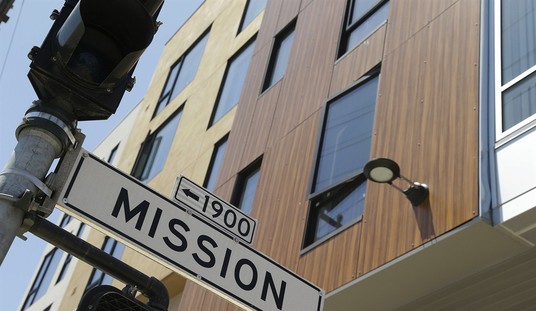Similar to the numbers YouGov found when they polled Americans on Putin and Russia in December. YouGov had Republican favorability of Putin at 37 percent at the time — still net negative (37/47) but way up from where it had been in 2014. In the span of two years, Putin’s net favorability among GOPers rose … 56 points. Gallup doesn’t provide unfavorability numbers so we can’t measure Putin’s net gain over time, but they’re seeing a big post-election jump for him on the American right too.
Big, that is, but maybe not big enough to give Trump comfort.

A 20-point gain is significant but at the end of the day not even a third of the party whose candidate benefited from the Wikileaks revelations last year views Putin favorably. What do you do with that information if you’re Trump? It’s a chicken-and-egg problem: If in fact he engineers some sort of detente with Russia, particularly if it includes cooperation on ISIS, he’s sure to see some support from his base. But skepticism of Putin runs so deep, even among the right, that that support may be modest and overwhelmed by an even further downturn among Democrats. (Assuming his numbers on the left still have any room to fall, that is.) Outside his base, among the wider public, Russia’s favorability rating stands at just 28 percent, lower than Saudi Arabia’s and barely more than half of how Trump’s enemies in China score. Putin’s favorability stands at a pitiful 22/72 (which is actually up nine points from where it was two years ago thanks to Republicans). There’s no guarantee that detente will be a net winner for Trump politically rather than a loser, especially given how it’ll enrage Democrats and GOP hawks.
To put into perspective just how badly the last few years have damaged American perceptions of Russia, check this out:

For most of the 20 years between 1993 and 2013, Americans viewed Russia favorably, a reality that seems hard to believe now but which makes sense in context. Opinions of Russia warmed after the fall of the Soviet Union followed by detente with Yeltsin’s regime, and then Russia moved to the backburner after 9/11 as a sort of quasi-ally against jihadism. Putin’s big mistake, at least in terms of alienating American opinion, was making his move on Ukraine and Crimea in 2014. U.S. perceptions of Russia collapsed, thanks to a combination of traditional anti-Moscow feeling among Republicans and anger among Democrats that Putin would offend a western order led by Barack Obama. The 70 percent unfavorability for Russia over the past few years is more than 10 points worse than the previous worst rating for the country since the early 90s. Not an opportune political moment for our new Russophilic president to be making “deals,” but never underestimate the GOP base’s willingness to follow Trump wherever he leads. If he and Russia strike some sort of grand bargain, Republican favorability for Putin north of 50 percent isn’t out of the question.








Join the conversation as a VIP Member